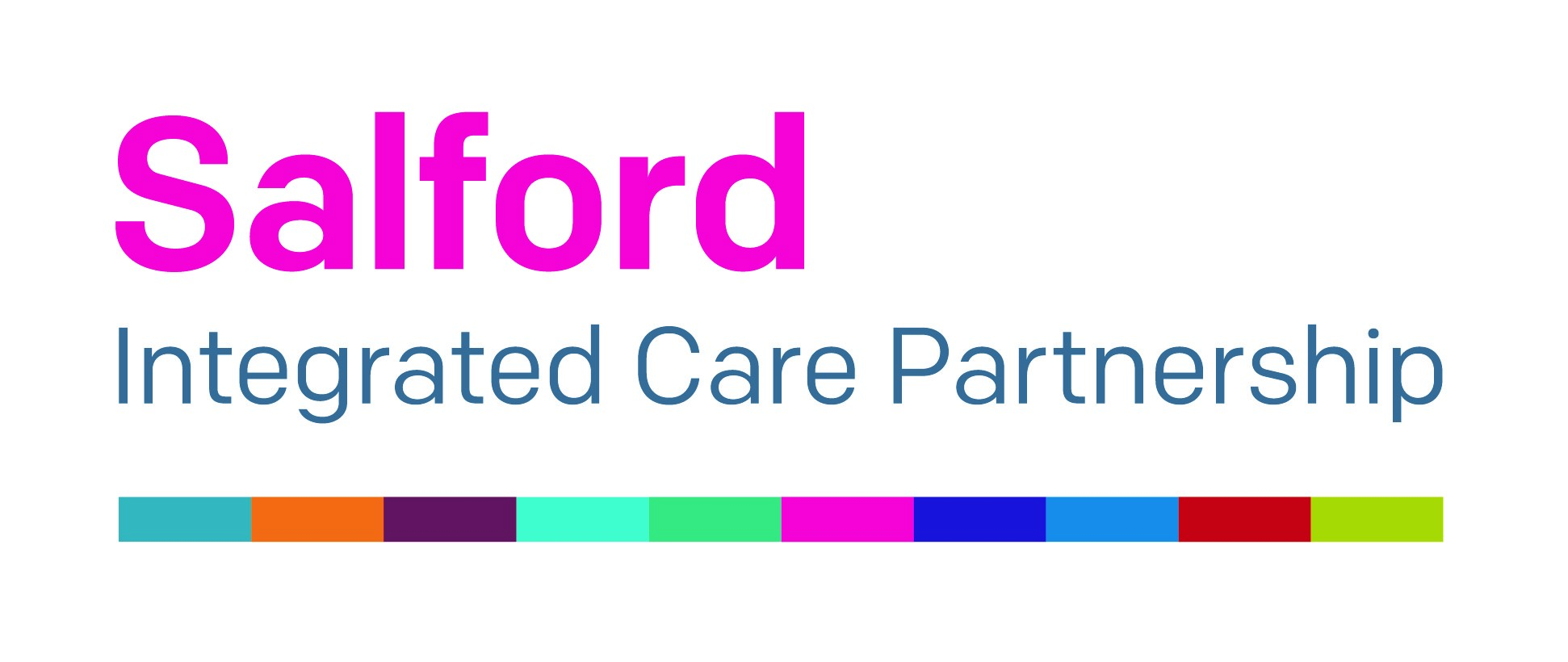How to help Children with Vocabulary and Word Finding Difficulties
What are vocabulary and word finding difficulties?
Children with word finding difficulties struggle to find the right word to say at the right time. They will often take a long time to think of the word they want to use or choose a word that is wrong for the topic they are talking about.
Children with vocabulary difficulties often have limited vocabulary in general topic areas or struggle to remember the meanings of new words that they learn.
General strategies
- Children with vocabulary/word-finding difficulties may need longer to put the words together to answer a question. Please be patient and give them time to respond.
- Children with vocabulary/word-finding difficulties often appear to wander off the topic or ‘talk around the houses’. You can help by gently reminding them about the conversational topic and steering them back on course.
- If the child is struggling to tell you something you can prompt them by asking more specific questions:
- Who was there?
- Where were you?
- When did it happen?
- What happened?
- What happened at the end?
- If the child is struggling to recall a specific word then you can help by:
- Giving 2 alternatives e.g. is it a guitar or a violin
- Saying the initial sound of the word e.g it starts with g
- Prompt the child to think about the category/group that the word belongs to e.g are you thinking of an instrument?
- Asking questions about it? what size is it? what does it look like? What do you do with it? Etc
Discussing the word in this way will often prompt the child to remember and be able to say it.
Specific strategies
- When teaching new vocabulary as part of a lesson you can help by creating a display for the class or word map (Elklan).
This can be made into a ‘dictionary’ for the child as the information can be kept and re-visited. This can contain lots of pieces of information about the word that will help the class/child to retain it and recall it on future occasions.
- What type of thing is it? (an animal, an object, food etc.)
- What does it look like? (colour, size etc.)
- What is it made out of? (fabric, flesh, metal etc.)
- What do you do with it?
- Where do you find it?
- When do you use it?
- Draw a picture of the word.
- What is the first letter of the word?
- How many syllables are there in the word? Write a sentence with the word in it.
- Say a sentence with the word in it.
Resources and Activities
- How to Help Children with Vocabulary and Word Finding Difficulties (pdf)
- Black Sheep Press Ltd. (semantics pack)
Registered Office: Middleton, Cowling, Keighley, W. Yorks,
BD22 0DQ, United Kingdom
Phone: 01535 631 346
- Rhodes to Language – Anna Rhodes, STASS publications www.stasspublication.co.uk
- Word map- pdf.
Useful websites
- www.rcslt.org This is the website for the Royal College of Speech and Language Therapists.
- www.talkingpoint.org.uk This is a useful website for parents and teachers. It contains information and advice.
- www.afasic.org.uk This is a parent led organisation that offers information and advice. There are areas on the website for professionals also.


